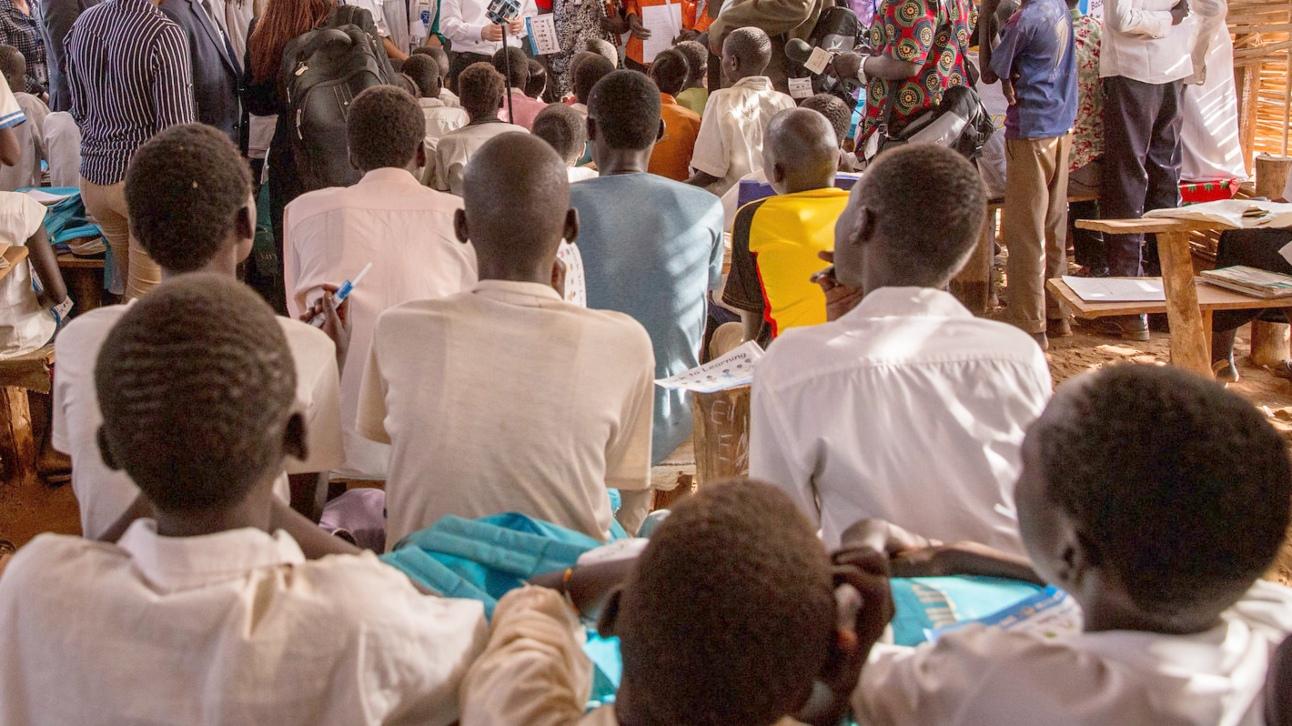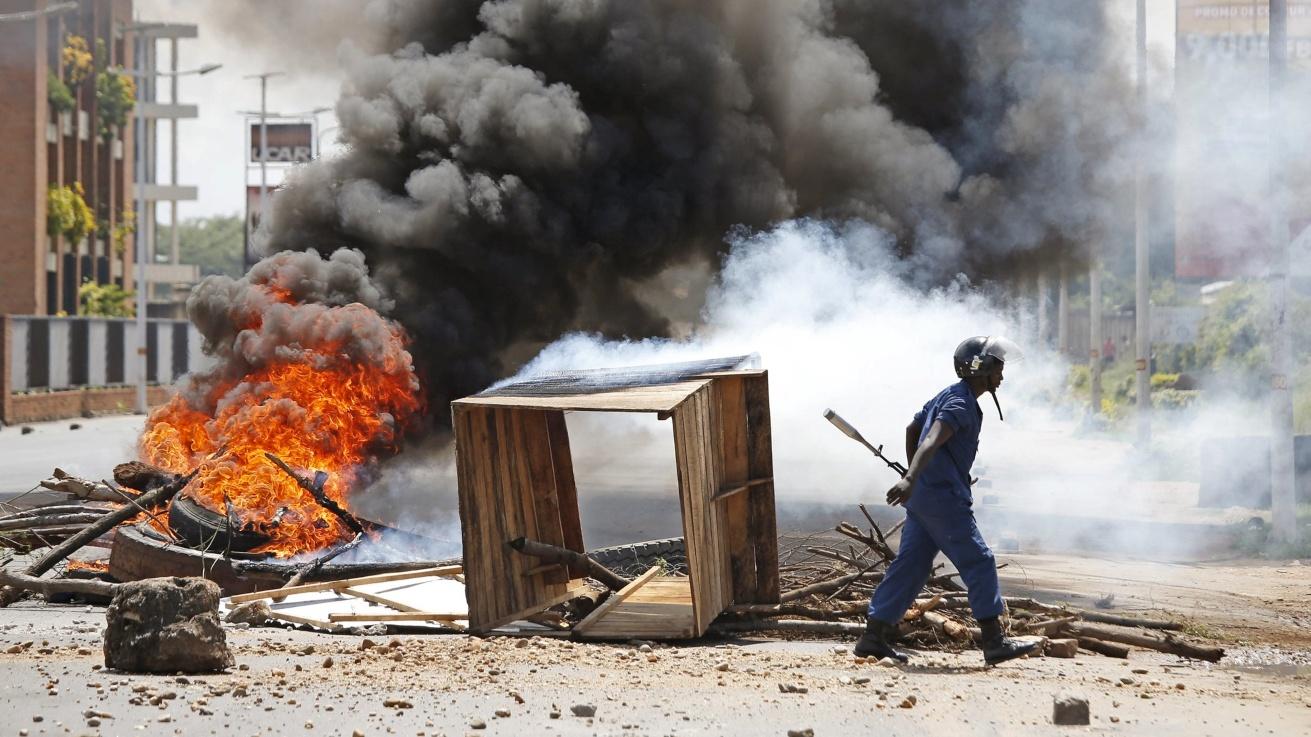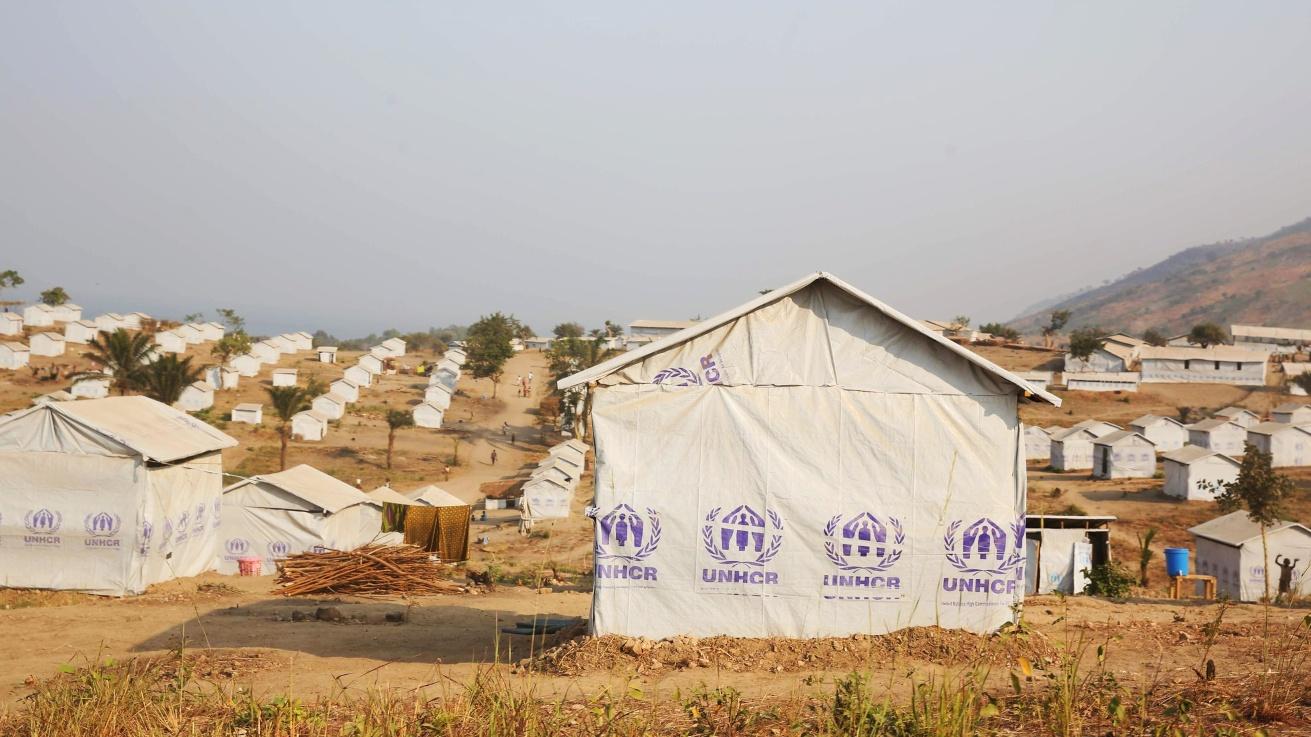Financial diaries is a research method employed to assess household earning, spending and saving patterns over time. Sandrine N’simire and Ishara Tchumisi examine their experiences conducting research in the Congolese context using the method, discussing the benefits and challenges of such research in the broader context of LSE’s Water Governance project in Goma, North Kivu, DRC.
This blog forms part of the Idjwi Series which results from a writing retreat on Idwji Island in Lake Kivu, DRC during which regional researchers gathered to present and refine their research.
Financial diaries are a research method for collecting longitudinal data on household earning, spending and savings patterns. The method was designed by Daryl Collins, Jonathan Morduch and Orlanda Ruthven, who used it in a year-long study with poverty-stricken families across South Africa, Bangladesh and India. Their book Portfolios of the Poor documents how such families manage to live on US$2 per day, upending the common assumption that they do so hand-to-mouth. Instead, these households leverage a complex array of financial tools linked to family ties and informal networks in order to survive and manage shocks like funerals and illness. We employed this methodology in Goma, the provincial capital of North Kivu, Democratic Republic of the Congo (DRC), to shed light on whether Mercy Corps’s intervention in water access and service provision – building a network of tapstands – allowed families of low and middle socioeconomic strata to spend less on water, save and invest.
From February 2019 through March 2020, we worked with 24 households in Goma’s Bujovu, Kyeshero and Katoyi neighbourhoods, the last being one of Mercy Corps’s intervention sites. We worked in two teams of two researchers, each responsible for collecting data from 12 households, i.e. four households in each of the three neighbourhoods. Our objectives were to understand how these households manage their finances over time. We visited households every two weeks and conducted semi-structured interviews concerning their finances and developments in their lives.
The starting point of a household’s financial diary is an assets and liabilities portfolio. We thus began by identifying all the financial and material resources and debts of each household. Next, we proceeded by documenting each household’s revenues and expenditures. Each household received a notebook and a pen to record earnings, spending, new debts, payments of old ones, and gifts like food, clothing, petrol, shows, etc. – given and received. This notebook allowed the head of the household to record this financial data in real-time, decreasing data lost due to forgetfulness during the two weeks between our visits. During those visits, we discussed the entries in the notebook with the head of the household, asking questions to better understand the socio-economic dynamics and contexts of these daily transactions. This methodology allowed us to follow the evolution of households’ financial portfolios over time.
Benefits of financial diaries
The financial diaries method enabled us to understand how poor households survive financially through processes of reciprocity, solidarity and mutual support. Most depend on various donations received from neighbours, friends or family members. At the same time, this support creates anticipations of future help in kind or through favours like securing documents, finding odd jobs or intervening in legal disputes.
The longitudinal aspect of data collection entailed in financial diaries also forced us to think critically, avoid pre-emptive conclusions and confront our own prejudices. Poverty is as relative as it is contextual. It is much more than what we see, how family members dress or the appearance of their homes. Indeed, we observed some families living in houses made of wooden boards, with dirt floors and dilapidated, scant furnishings: what we anticipate ‘poor’ to look like. Studying their financial diaries and getting to know them and their life stories, we realised that many were well-educated and owned large parcels of land, ranches and farms outside the city of Goma. Due to insecurity in these areas, the presence of armed groups and the lack of infrastructure between cities and towns, these assets remained unexploited.
What about the challenges?
One of the greatest challenges in employing financial diaries in Goma was households’ reluctance to share information about revenues and spending in impoverished neighbourhoods. No one easily divulges how much money they make. Here, this tendency is exacerbated by the ever-present fear of criminality and cultural habits of support and assistance.
Firstly, poor neighbourhoods in North Kivu are affected by high crime rates, robberies and murders which oftentimes are targeted and go unpunished. Police are under-resourced and need victims to help with petrol, transport and even communications before they even arrive on the scene. When a household is known to have money or valuable assets such as motorcycle or electronics, it becomes vulnerable to burglary. Kasongo (not his real name), the head of a household participating in our research in Bujovu, was robbed after neighbours realised he had purchased a television and radio. The thieves stole his radio, the television and his mobile phone. Another household in Bujovu which participated in our research also reported to have been a victim of burglary after revealing a substantial financial gain to their friends. Since then, these two households have been trying to protect themselves against this type of crime by not disclosing information about their finances. Moreover, since it is us to whom this information would be disclosed, we would be the first suspected by the neighbourhood of initiating the crime. By withholding financial information, households protect themselves and us as researchers.
Secondly, it is culturally mandated and common to ask for financial support from those who are perceived to be more financially secure. Therefore, as some households become more financially secure, they gradually disassociate themselves from others in the neighbourhood to avoid having to support everyone, which can become financially draining. Some build walls around their parcels to discourage visits from neighbours who could then assess the improvement in the household’s lifestyle. Others simply avoid house visits and limit their socialising to the closest and most trusted individuals in their lives. The most fearful cut out all socialisation to protect themselves from potential crimes.
To meet these challenges we familiarised ourselves with household members in general and heads of households in particular. Despite this familiarity and trust, forged slowly over time between researchers and households, we found that many participants still withheld certain types of information. While they became more at ease discussing expenditures, revenues were still difficult to assess. Likewise expenses related to extra-marital relationships, like regular support with rent or sustenance for a mistress, or the receipt of such support if the mistress was the head of the household in question, were routinely concealed. Such data was sometimes garnered through participant observation and carefully tiptoeing around the topic in discreet conversations.
Final thoughts on the financial diaries method
Financial diaries as a research method holds much promise for nuanced, temporal understandings of poverty as a multi-faceted, context-specific concept. Financial diaries also allow us to explore how social relations are shaped both positively and negatively by security or its absence and financial uncertainty. People are simultaneously drawn together through solidarity and mutual support, and pulled apart by social responsibilities of wealth and the crimes that plague those perceived to have it. These dynamics also affect relationships between researchers and participants in the study.
In conflict-affected settings such as ours, the efficacy of the financial diaries method is undermined by the lack of trust of households in poor neighbourhoods and social stigma of extra-marital affairs. Households in higher socioeconomic strata tend to conceal their financial situations to avoid being targets of crime, to deter social pressures of having to overly support poorer neighbours, and to protect the researchers working with them. Indeed, sharing financial information makes them more vulnerable – in terms of both security and social stigmatisation.
The authors wish to thank Astrid Jamar for her help in structuring and editing the text.
The Idwji Writing Retreat was jointly funded by The Open University’s Strategic Research Area in International Development and Inclusive Innovation and the Centre for Public Authority and International Development (CPAID), LSE.
Photo: GML Project. Credit: Photo by Axel Fassio/CIFOR. Licensed under creative commons (CC BY-NC-ND 2.0).






I really find the article interesting and enriching. I have much liked the approach: Financial diaries. The aspect of “reluctance” of low-income families to disclose the information about their expenditures is very critical in the whole business. I would like to suggest the authors to also include the gender aspect of this complicated issue: For instance, in what ways do men and women respond to the approach?